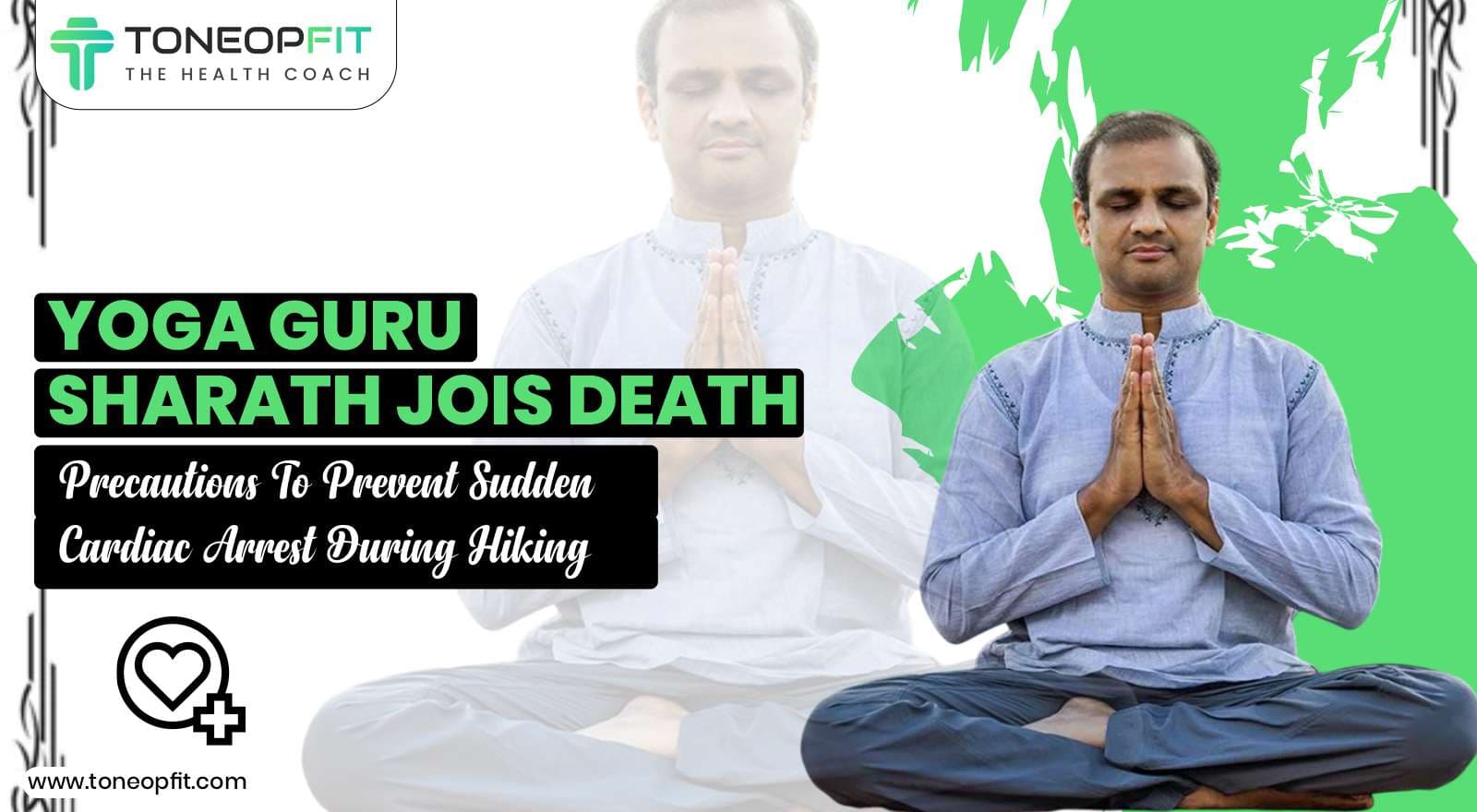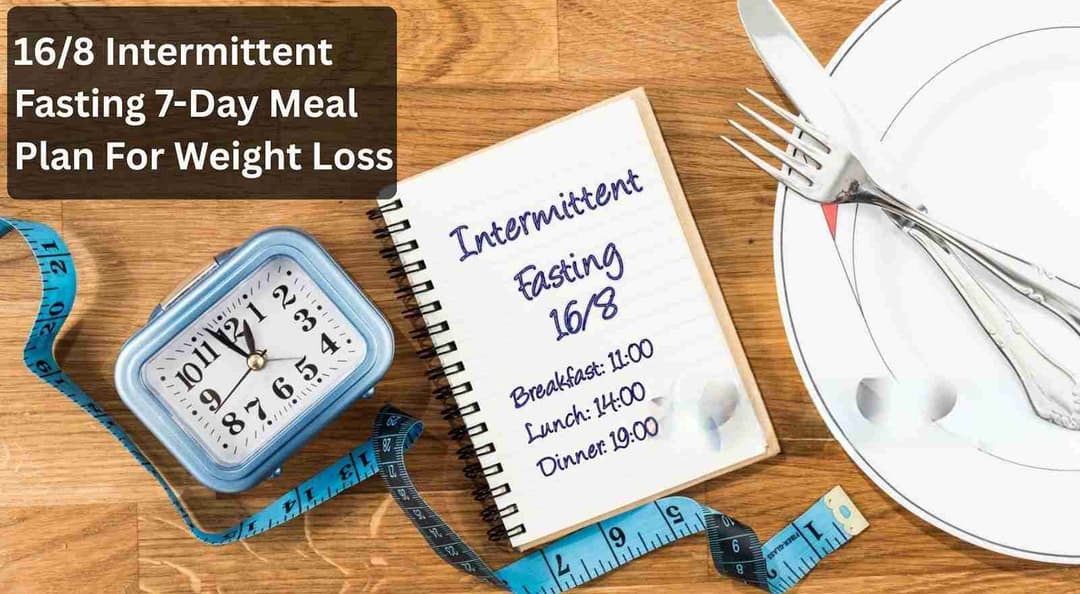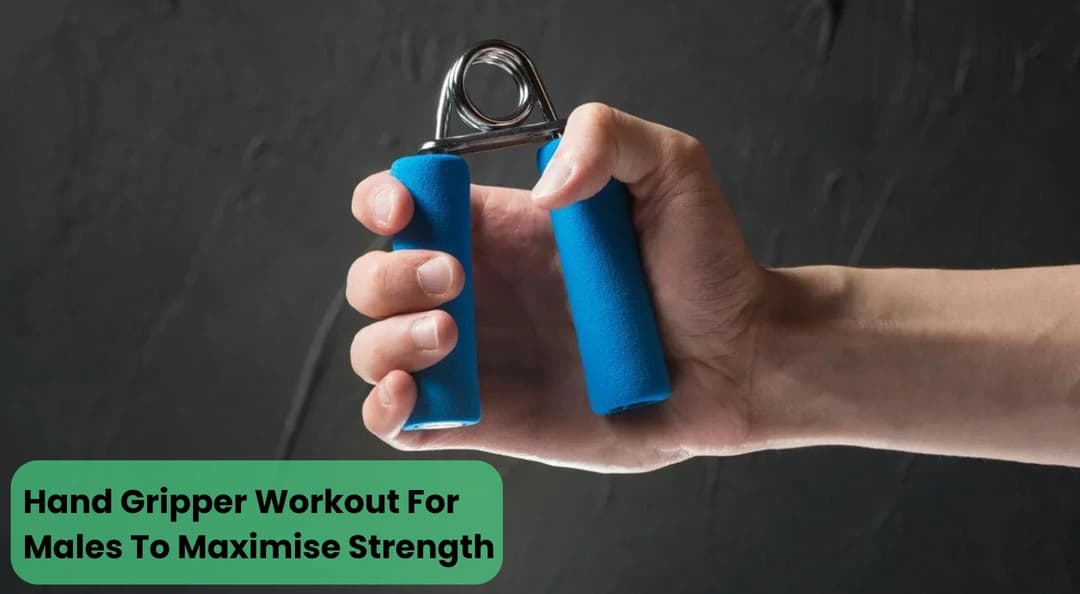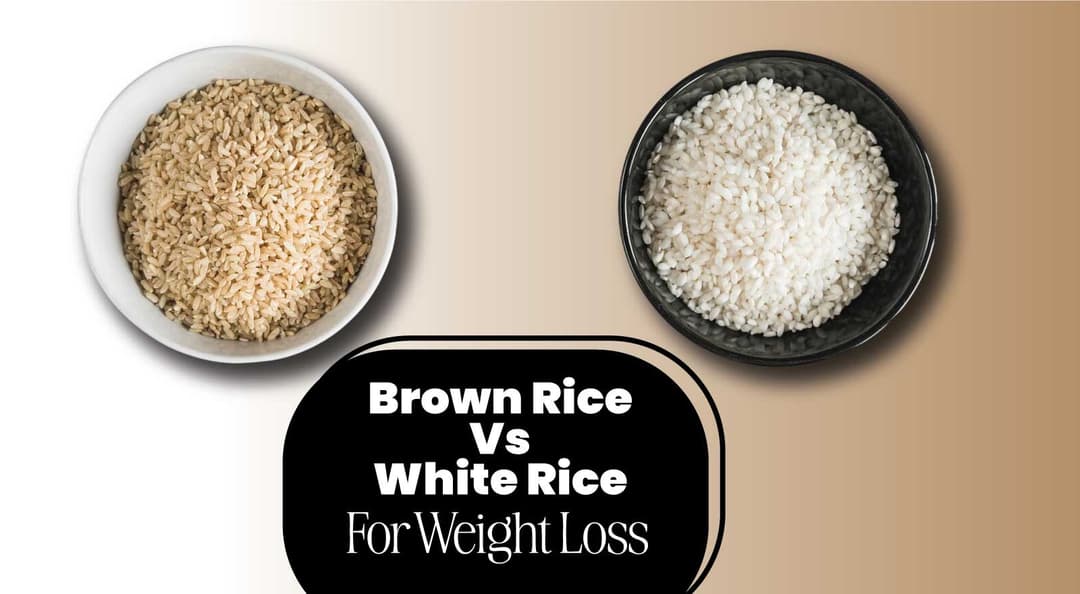Fitness is the bedrock of an active lifestyle, yet at times, paradoxical risks come with it. Today, we bring you a poignant story that has sent ripples through the yoga community and beyond. Yoga guru Sharath Jois died of a heart attack while hiking near the University of Virginia, leaving behind a legacy that touched countless lives. At just 53 years old, Jois was leading a seminar when he decided to join students on a hike to Humpback Rocks, a scenic spot in the Blue Ridge Mountains. Tragically, moments into the hike, he experienced a sudden cardiac event, raising important questions about the risks associated with physical activity in nature.
As we go deeper into this topic, we must encounter the reality of heart attacks while hiking. Indeed, sudden cardiac death during mountain hiking is much more common than most people would like to think, at least for those not appropriately prepared for such physical activities. Such factors as altitude, dehydration, and certain pre-existing conditions can all contribute to this alarming trend. So, is hiking hard on the heart? It can be quite good for one's cardiovascular health, yet one should approach it with caution and awareness.
In light of this tragedy, we’ll explore vital tips to protect your heart health while enjoying the great outdoors. Join us as we navigate these critical insights by promoting heart health for all outdoor enthusiasts.
Table Of Contents
- Tragic Loss: Yoga Guru Sharath Jois Died of Heart Attack
- Heart Attack While Hiking: Is Hiking Hard On The Heart?
- How To Protect Yourself From Sudden Cardiac Death During Mountain Hiking? 11 Ways To Guard Your Heart Health
- Expert’s Advice
- The Final Say
- FAQs
- References
Tragic Loss: Yoga Guru Sharath Jois Died of Heart Attack
Sharath Jois, a yoga master who gained a legion of followers teaching Ashtanga, the popular style of yoga founded by his grandfather, died Monday in Virginia. Sharad not only popularised the style of yoga founded by his grandfather but also took it to a global platform. He breathed his last at the age of 53.
His death was confirmed by his sister Sharmila Mahesh and John Bultman, manager of the yoga program at the University of Virginia. Mr. Bultman said Mr. Jois died after suffering a heart attack on a hiking trail near the university's campus in Charlottesville, where he was visiting. About 50 students were accompanying Jois at Humpback Rocks when the incident occurred. He reportedly got tired and sat down on a bench before collapsing. Students tried CPR on him, but he was pronounced dead when paramedics arrived.
Recently, the incidence of heart attacks in youth and adults has been increasing rapidly. Many such videos often appear on social media where people suddenly become victims of heart attacks. Especially with some high intensity workouts or physical activity, the risk of a heart attack increases significantly. Yoga teacher Sharad Jois also suffered a heart attack while hiking. In such a situation, we will discuss further how hiking affects your heart, under what circumstances it can cause a heart attack, and how to protect it.
Also Read: World Heart Day 2024: Theme, Motto And Engaging Activities To Promote Heart Health
Heart Attack While Hiking: Is Hiking Hard On The Heart?
Mountain sports activities are becoming more and more popular all over the world. The mountainous regions of India alone attract more than 10 million tourists annually and 100 million tourists worldwide. Sudden cardiac death (SCD) is an unexpected and catastrophic event due to cardiac causes. SCD is the leading cause of non-traumatic death in downhill skiing, hiking and mountaineering, which is related to the fact that these sports are very popular among the elderly.
While regular sports activities are associated with significant health benefits, particularly intense outdoor fitness workouts or activities in unaccustomed individuals and incapacitated seniors can serve as a trigger for injury, illness, or even sudden death.
Mountain sports such as hiking carry their own risks due to objective risks such as rock and ice falls, avalanches, lightning, etc., but also related to subjective reasons such as insufficient sporting skills or physical fitness. For example, an individual's physical condition must be much higher for hill walking and mountain biking, often with heavy boots and extra weight. In addition, extreme environmental conditions, i.e. cold, heat, wind, rain and snow, hypoxia/altitude, can exacerbate individual cardiorespiratory stress. Due to the large number of mountain hikers and skiers with their advanced age and fitness level, the occurrence of sudden cardiac death (SCD) is not unexpected.
Hiking will get your heart racing, especially if you choose a route with a rough trail or climb. This will pump in more blood to your muscles, especially your legs, by supplying them with more nutrients and oxygen-rich blood. Long activities such as hiking can actually put a strain on the heart, especially on steep or difficult climbs, as they raise the heart rate and require constant physical activity.
However, walking every day can be even more beneficial for heart health when done safely, as walking can improve heart function, endurance and circulation over time. If you are walking a trail with a higher elevation, it will be more challenging. As altitude increases, your heart will pump blood harder to compensate for the reduced air pressure. If you're a beginner, start with shorter trails with a gradual incline. There are also exercise and mental health benefits. Hiking reduces stress levels and improves your mental health, which is linked to heart health.
Some studies have demonstrated that stress fosters an increase in blood pressure and predisposes you to hypertension. A 2007 study examined the effects of hiking on the heart. The study also identified risk factors and triggers for sudden cardiac death during these mountain activities. They found that the risk was highest on the first day of hiking at high altitude, and the longer you didn't eat or drink, the greater the risk of a heart attack.
Although activities such as hiking can be beneficial for the heart, it is very important to consult a doctor. Especially if you already suffer from heart disease, consult a doctor before hiking, etc. If you are going hiking for the first time, then you should start with easy routes and gradually increase the difficulty and time. Secondly, you can opt to join a hiking club or hike with a few friends to help you keep on track.
Also Read: 7 Plyometric Exercises At Home For Beginners | ToneOpFit
How To Protect Yourself From Sudden Cardiac Death During Mountain Hiking? 11 Ways To Guard Your Heart Health

After reading about how yoga guru Sharath Jois died of a heart attack while hiking, many may feel concerned about the impact of hiking on heart health.
If you are concerned about hiking and its impact on your heart, there are several ways to make the activity safer. By following these tips, both beginners and experienced hikers with or without pre-existing heart conditions can safely enjoy hiking:
1. Talk To Your Doctor First
If you suffer from heart disease, high blood pressure or other health problems, consult your doctor before starting hiking. At-risk individuals should have a heart scan or stress test done before attempting a strenuous hike. They can help you determine a safe level of intensity, suggest suitable routes and provide self-paced guidance. They also suggest medications or precautions to be taken on the trail.
2. Ease Into It: Start Slowly And Gradually Increase The Intensity
For beginners or those returning to hiking, it is essential to start with easy routes and gradually increase the intensity and length of your hikes. Start with shorter hikes on flat terrain and then slowly work your way up to longer and more challenging trails as your endurance improves. Gradual conditioning helps your heart adapt to physical exertion.
3. Hydration Is the Most Important
Dehydration also burdens the heart, so drinking water frequently is crucial while hiking. Carry enough water throughout the entire hike and drink frequently, especially on warm days. Electrolyte drinks can be helpful for longer periods of time when minerals are lost and when your heart needs to be in its best working condition.
4. Keep an Eye on Your Heart Rate
A heart rate monitor can be worn to monitor the heartbeat associated with physical exertion. While individuals with heart conditions should try to maintain a relatively steady, moderate heart rate during hikes, a general rule of thumb for aerobic exercise is keeping your heart rate between 50 per cent and 70 per cent of the maximum heart rate. However, again, your doctor will have an appropriate range for you.
5. Take Breaks When You Need Them
It's important to listen to your body and take breaks as needed. Find a steady pace that doesn't cause strain, and allow yourself time to rest, especially when pedalling uphill. Resting helps lower your heart rate and gives your cardiovascular system a chance to recover, reducing the risk of overexertion.
6. Choose Trails with Lower Elevation
If high altitudes are challenging for you, choose trails at lower altitudes. Higher altitudes have lower oxygen levels, which can cause the heart to work harder. For those with heart problems, staying at lower altitudes can make hiking safer and more enjoyable.
7. Prepare for Changing Weather
Cold weather can constrict blood vessels, raise blood pressure and make the heart work harder. On the other hand, hot temperatures may cause dehydration and heat exhaustion. Before hiking, check the weather forecast and dress appropriately. In cooler weather, wear layers to keep your body warm, and in hot weather, wear light, breathable clothing.
8. Know the Warning Signs
Recognition of early symptoms will prevent serious complications. Look for shortness of breath and occasional pain, dizziness or nausea, tightness or pressure in the centre of the chest. This discomfort can radiate throughout the upper band body into the arms, shoulders, back, neck, jaw or burning pain in abdomen.
Women typically experience nausea, exhaustion and agony from breathing. Denial can be deadly. Victims often dismiss early symptoms like heartburn, indigestion or pain. If you experience any of the above symptoms, immediately stop and seek medical help if need be.
9. Look into Your Family Health History
Family background is the first predictor of a heart attack, which means that even active non-smokers can be at risk. Knowing your family history can help prevent heart disease and stroke. Family history is strongly associated with both heart disease risk and heart disease risk factors. If your parent or sibling had a history of heart disease before the age of 55 for men or 65 for women, you are at higher risk. It is recommended to see a cardiologist before starting strenuous physical activity.
10. Monitor Your Cholesterol and Blood Pressure
High cholesterol increases the risk of heart attack in men threefold. A healthy blood pressure is 120/80 mm Hg, and total cholesterol should be less than 200 mg/dL. Keep bad cholesterol and high blood pressure under control with a low-fat and DASH diet. Talk to your doctor about medication if food and exercise aren't enough.
Take ToneOp Care’s BP Care Combo to protect your heart health and manage blood pressure.
11. Build Your Fitness Gradually
Walking will give you a cardiovascular workout while strengthening the muscles you'll be using on your hike. Adjust your mileage goals based on your age and physical fitness – Hikers with low fitness were 27% more likely to suffer sudden cardiac arrest, according to the study.
Also Read: Blood Sugar Charts By Age And Gender! | ToneOpFit
Expert’s Advice
It is important to take all precautions before hiking at high altitudes. To do this, start with a light warm-up and walk at a steady, comfortable pace to avoid sudden increases in heart rate. Dehydration puts pressure on the heart, so drink plenty of water before, during and after your trip. Watch for symptoms such as chest pain, dizziness, or shortness of breath, and stop immediately if you experience such symptoms. Rest as needed to maintain a steady heart rate. Start with easy routes, and as your fitness improves, you can increase the difficulty.
Health Expert
Lavina Chauhan
The Final Say
Hiking is generally safe for everyone. But as with any activity, there are dangers. Avoiding causes of death while hiking is easy. But you need to understand these causes and how to avoid them. It often requires a little more than common sense. The advice above is to help you understand how to protect yourself before an incident occurs.
FAQs
1. What is the fear of a heart attack while exercising?
Cardiophobia is a specific phobia in which you have an intense fear of heart problems, especially heart attacks.
2. Is hiking hard on the heart?
Yes, hiking will get your heart racing, especially if you choose a route with a rough trail or climb. Increased blood flow is essential to circulate nutrients and oxygen-rich blood to your muscles, especially your legs.
3. Why do people get heart attacks while exercising?
People can suffer from heart attacks while exercising, particularly if they have underlying heart conditions or are not in the habit of vigorous exercises. Severe exercise raises heart rates and blood pressure levels, which sometimes causes cardiac arrest to occur.
4. Can vigorous exercise cause a heart attack?
Yes, heart attacks do occur during vigorous exercise, especially in people who have a history of heart disorders or who may have started strenuous workouts without proper preparation. Severe exercise should be introduced gradually to minimise risk.
5. Why is heart attack increasing among young people?
Heart attacks are increasingly occurring in young populations due to factors such as being sedentary, poor nutrition, stress, and the effect of COVID-19 on cardiovascular health. Moreover, high levels of obesity and hypertension among youth in several regions add to this alert trend.
References
- योग टीचर शरद जोइस का हाइकिंग करते हुए हार्ट अटैक से निधन, जानें दिल पर इसका प्रभाव
- Renowned Yoga Instructor Sharath Jois Dies After Suffering Heart Attack While Hiking In US
- Sharath Jois, renowned Indian yoga guru who taught Hollywood stars like Madonna, is no more - The Economic Times
- Renowned Yoga Guru Sharath Jois passes away at 53 after suffering heart attack
- Sudden Cardiac Death Risk in Downhill Skiers and Mountain Hikers and Specific Prevention Strategies - PMC.
- Hiking, Biking, Running: High Intensity Exercises for Heart Health.
- How to Protect Your Heart While Hiking
- Cardiac arrest is the number three killer in the outdoors. Learn how to prevent, recognize, and treat trail-side heart issues.
- Is Hiking Hard on the Heart? Exploring the Benefits and Risks
About ToneOp Fit
ToneOp Fit is a platform dedicated to improving and maintaining good health through a comprehensive range of goal-oriented health plans with up to 3 Coach support. With a range of Weight Management, Medical Condition, Detox Plans, and Face Yoga Plans, the app also provides premium health trackers, recipes and health content. Get customised diet, fitness, naturopathy & yoga plans and transform yourself with ToneOp.








































